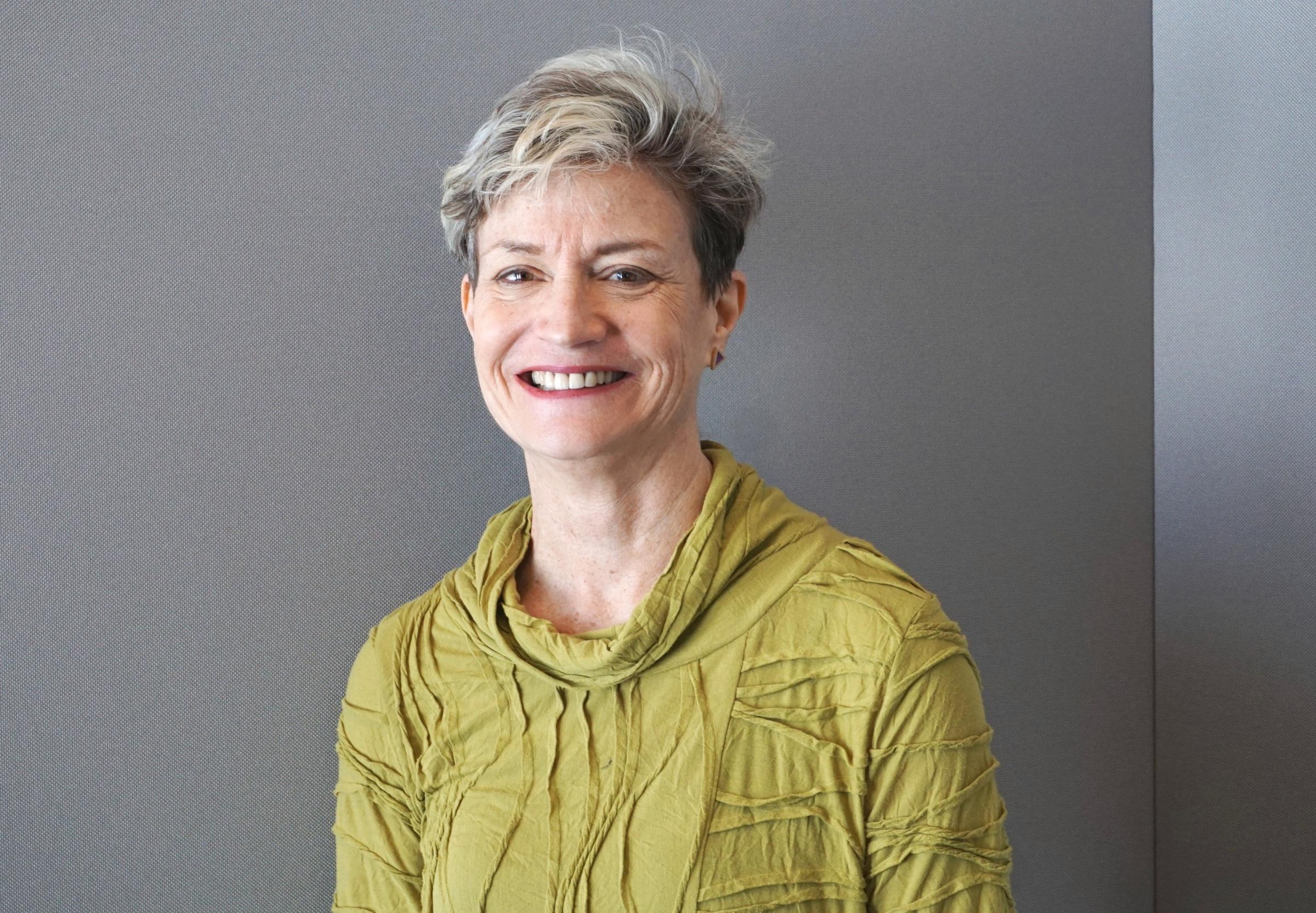Five weeks, 11 cities, 14 book talks, 9 media appearances, 21 regular talks. Phew. I got so tired, it felt as though gravity was messing with me, or as if I’d been inexpertly inflated. It was also exhilarating: a nationwide network of pro-aging activists came out to support me and spread the word—thank you, thank you, thank you. Also educational: I learned a lot.
- How to pronounce Buttigieg: Buddha + tszuj (as in “jujj,” as in Queer Eye for the Straight Guy). Source: NPR’s age-beat reporter, Ina Jaffe, and she ought to know.
- African Americans are two to three times likelier than whites to be diagnosed with Alzheimer’s disease. “The disparities are explained by its association with poverty,” said USC’s Karen D. Lincoln, much of whose work focuses on educating African Americans about the disease.
- The best way to answer “how old are you?” Say, “I was born in 1952” (if you’re my age). The questioners blank because they can’t do the math. You’ve answered forthrightly. And without a number to peg assumptions to, questioners are left to reflect on how much you’ve seen and done, free of any ageist connotations.
- Another problem with “agelessness.” I’m no fan of the word because of its inherent age denial. A woman at a reading in Seattle added, “I think saying you’re ageless is like saying you’re color-blind.” Boom. Because if you “don’t see race,” you don’t see racism.
- The anti-ageism movement is talking tactics. Ten years ago I spent most of my time explaining what ageism is and why it matters. Now all kinds of people—from librarians in Denver to Age-Friendly organizers in San Francisco to architects in Pittsburgh—are asking how to make their efforts explicitly anti-ageist. We pro-agers are transitioning from talking to doing—and that’s exciting.



